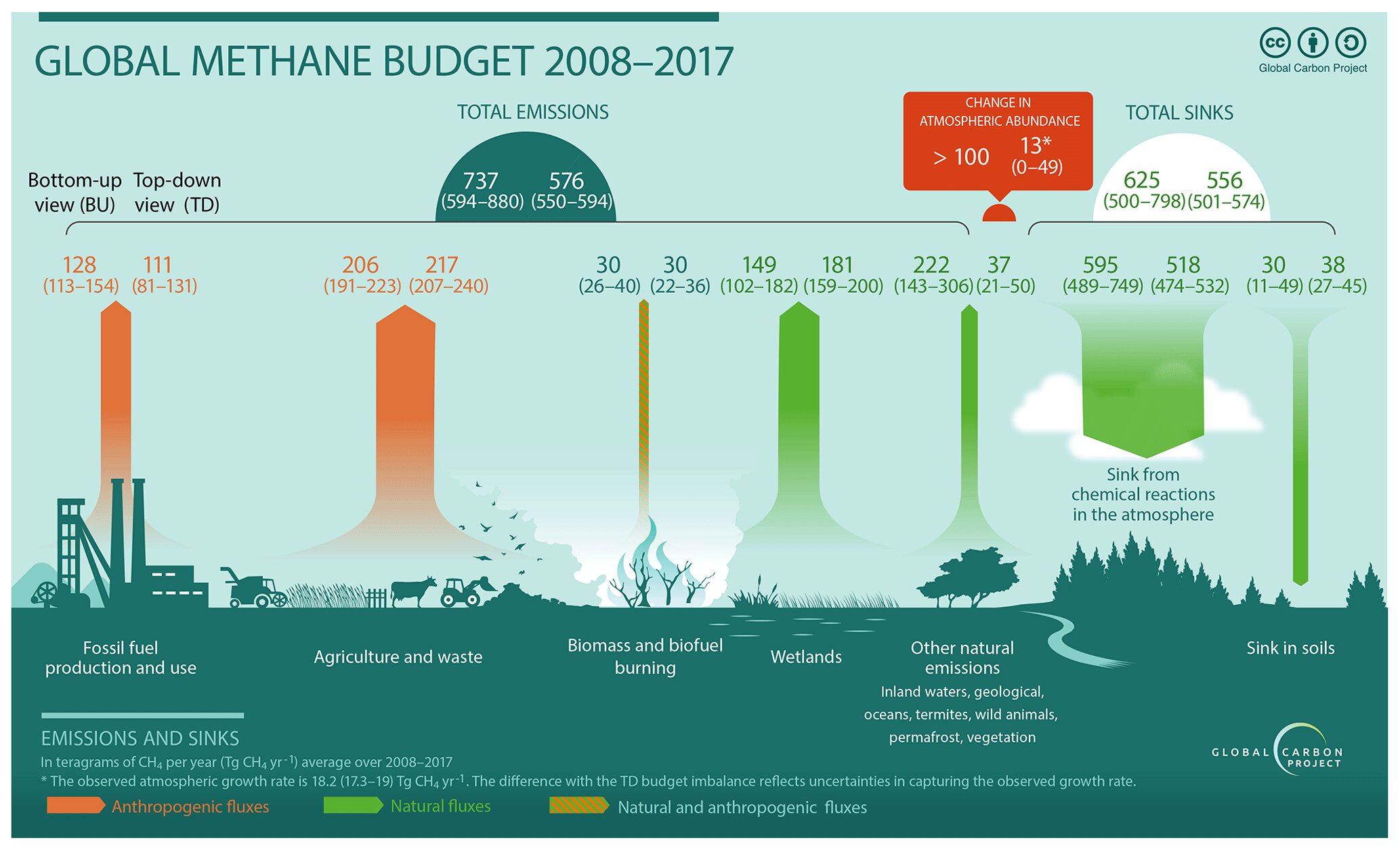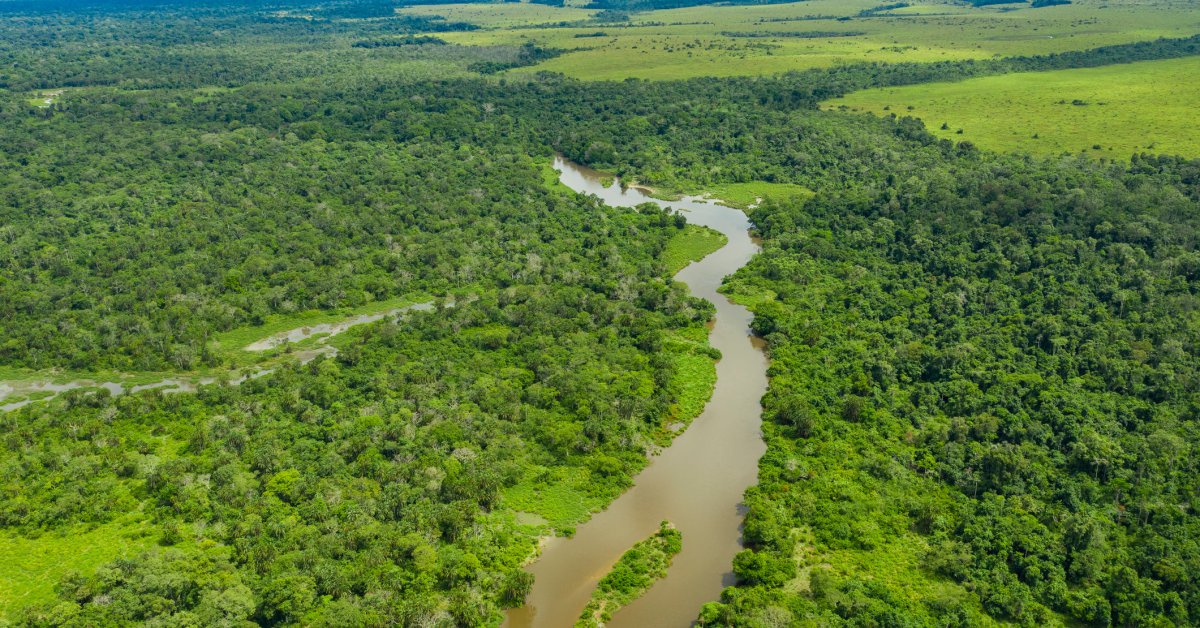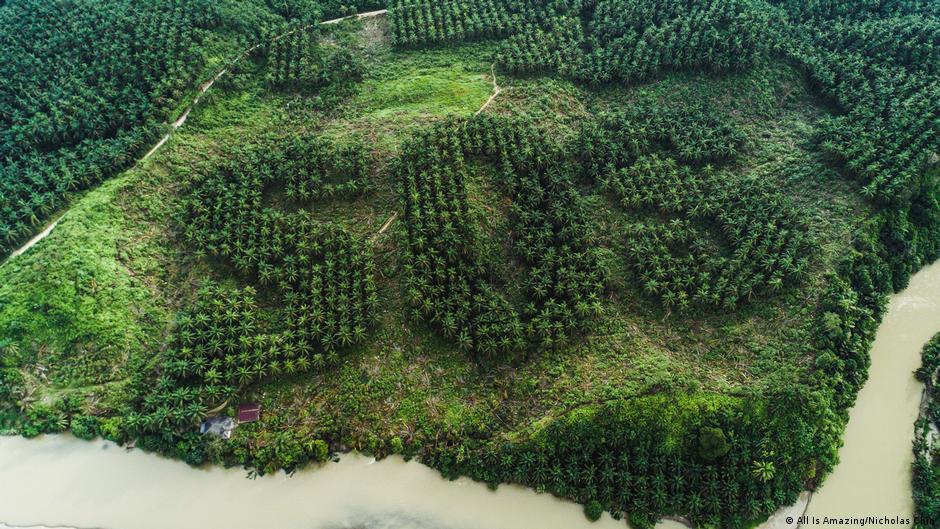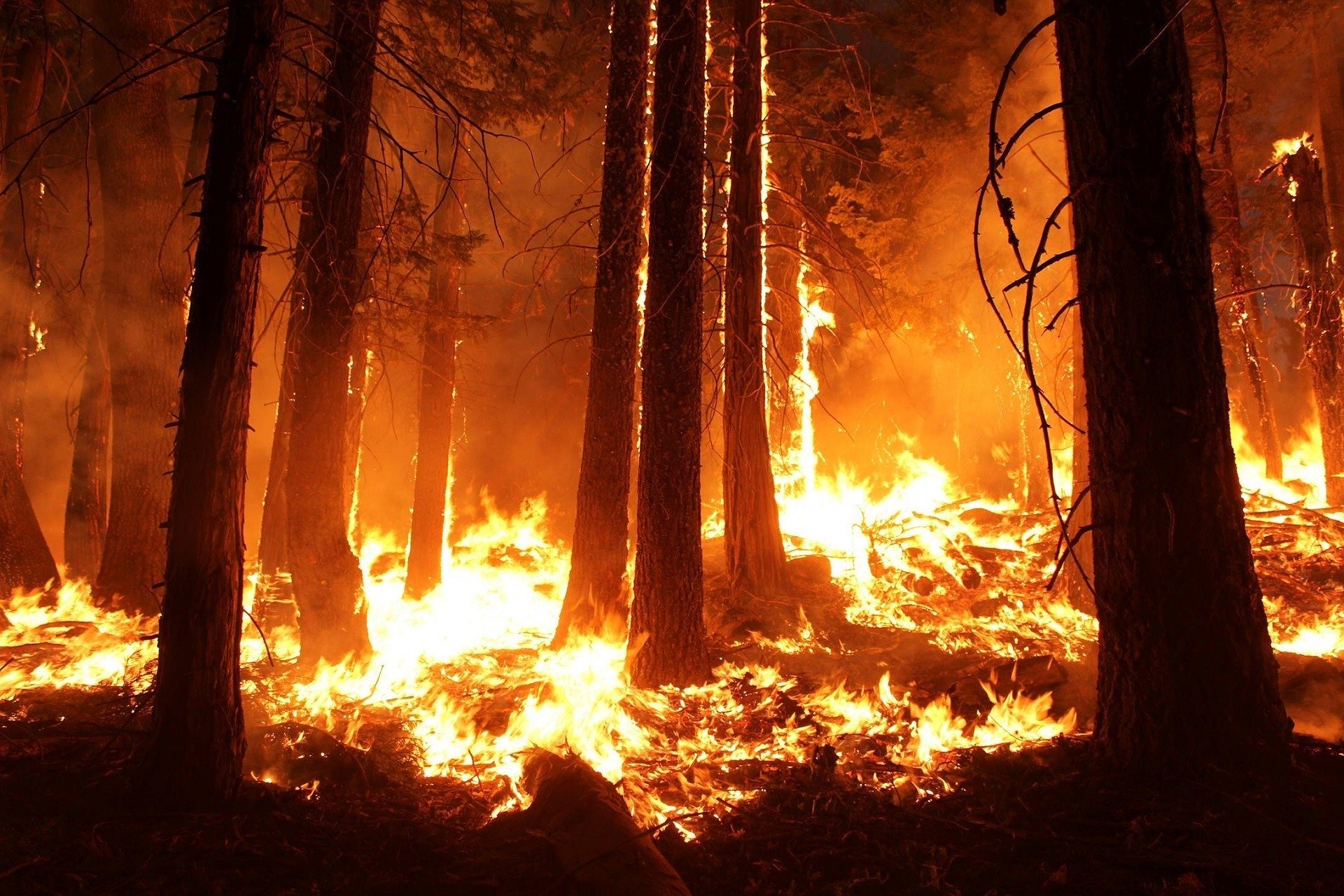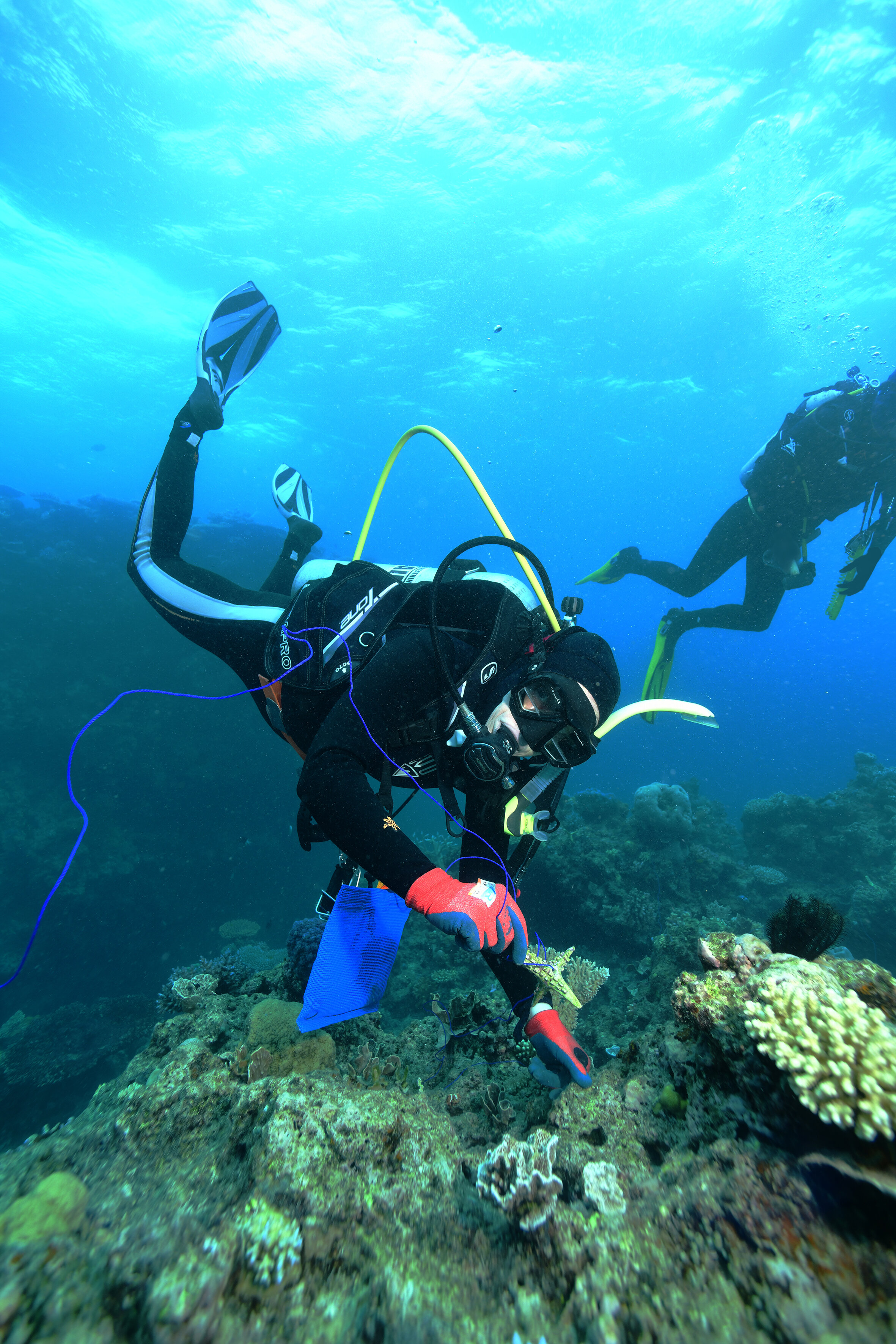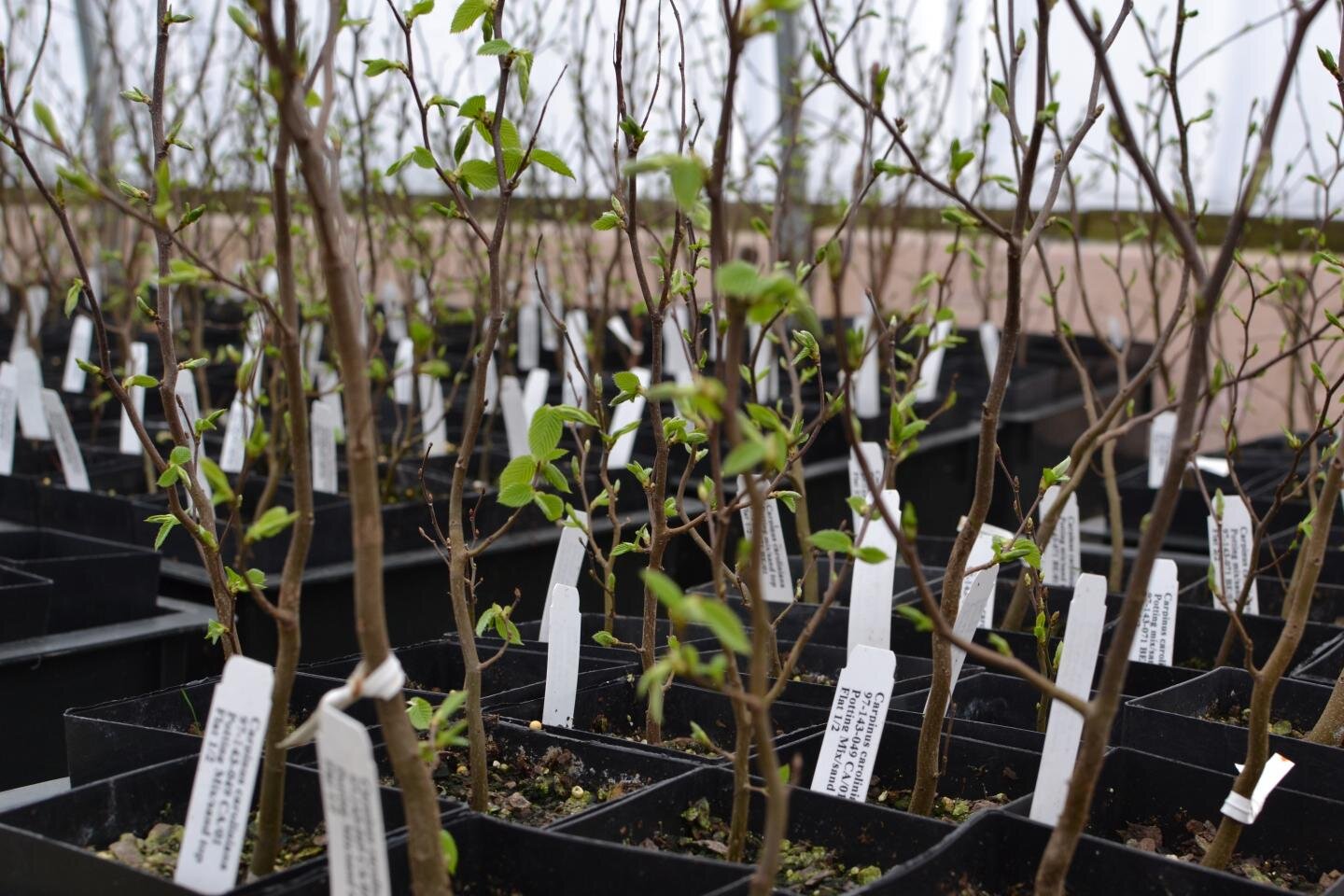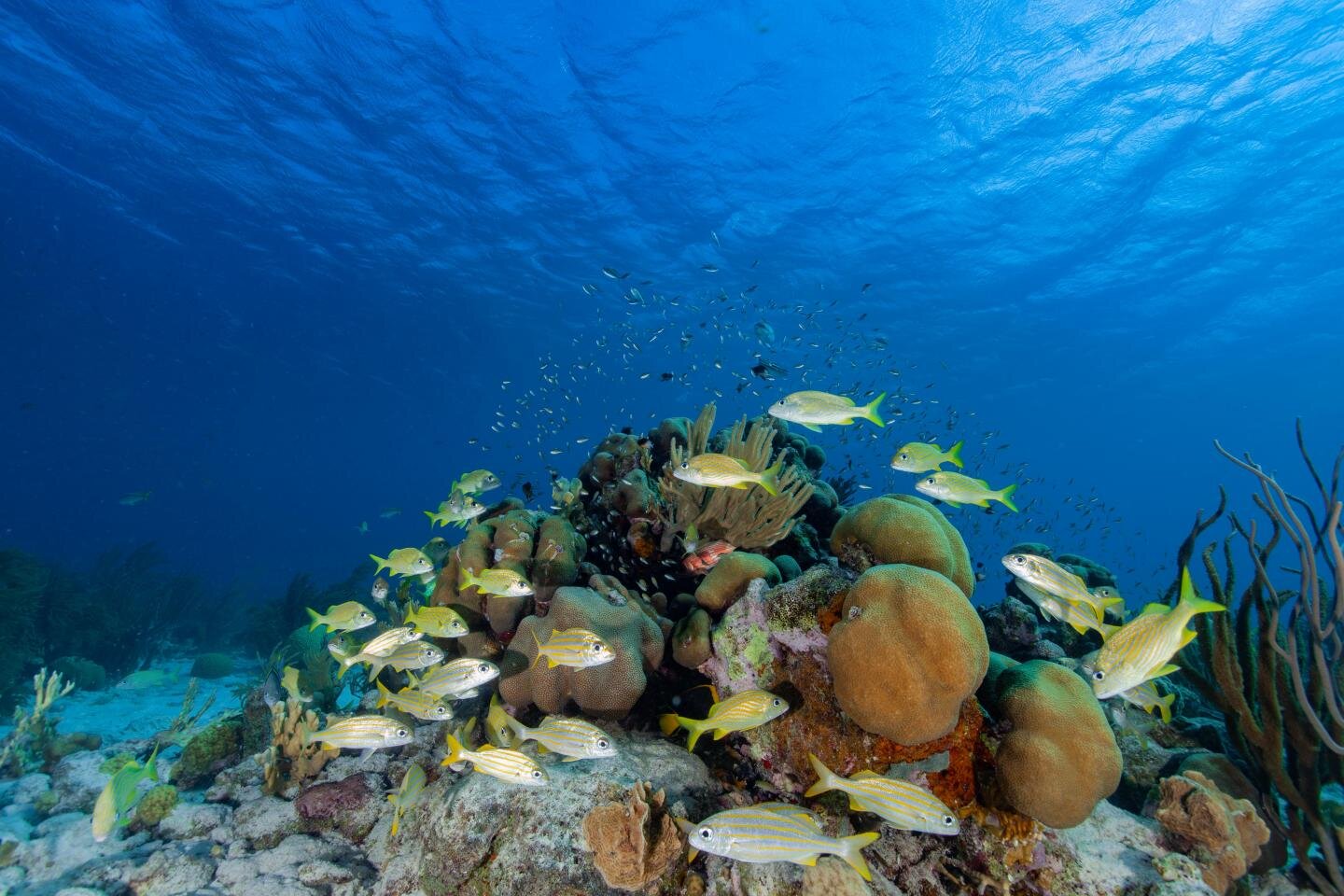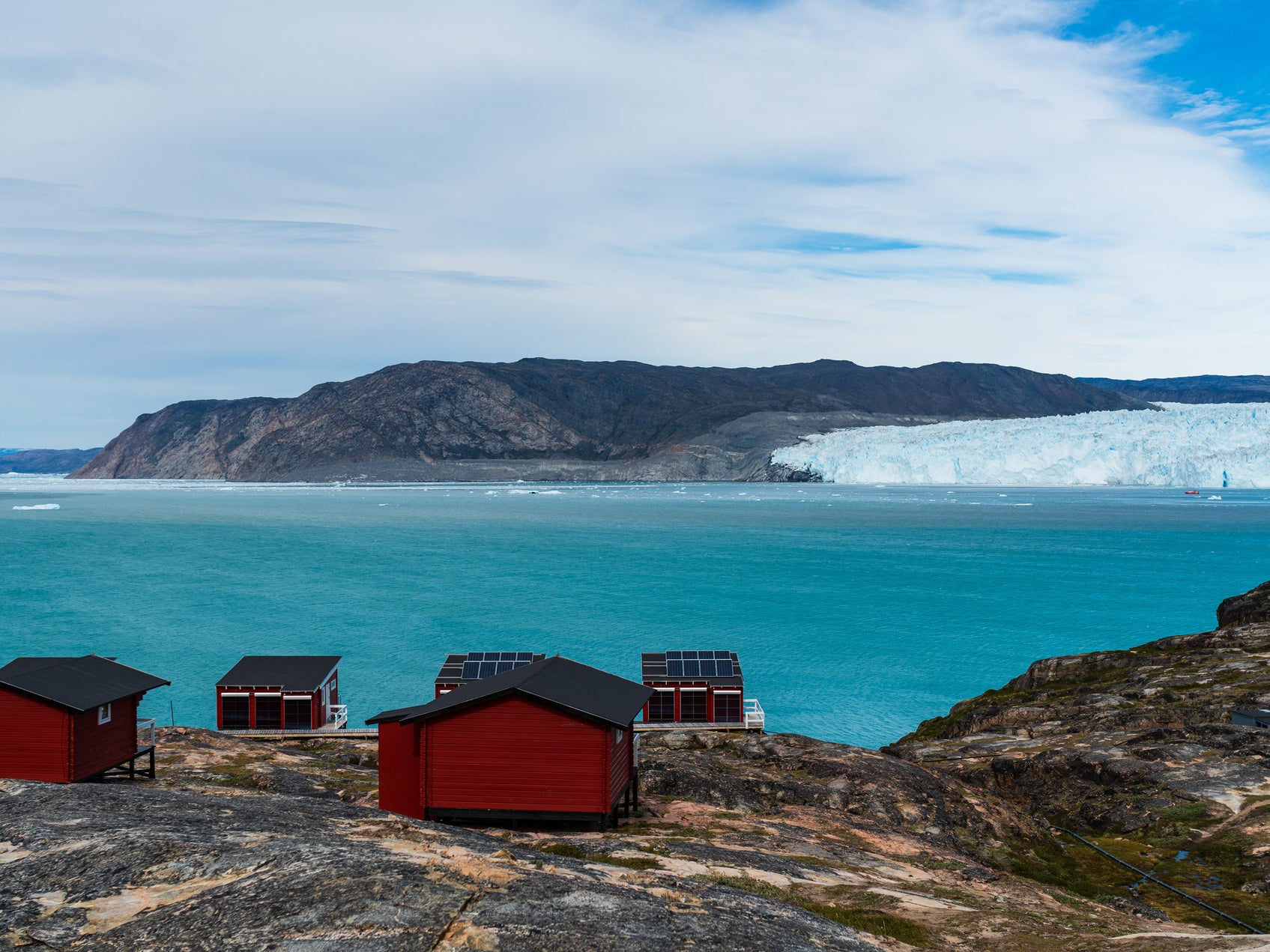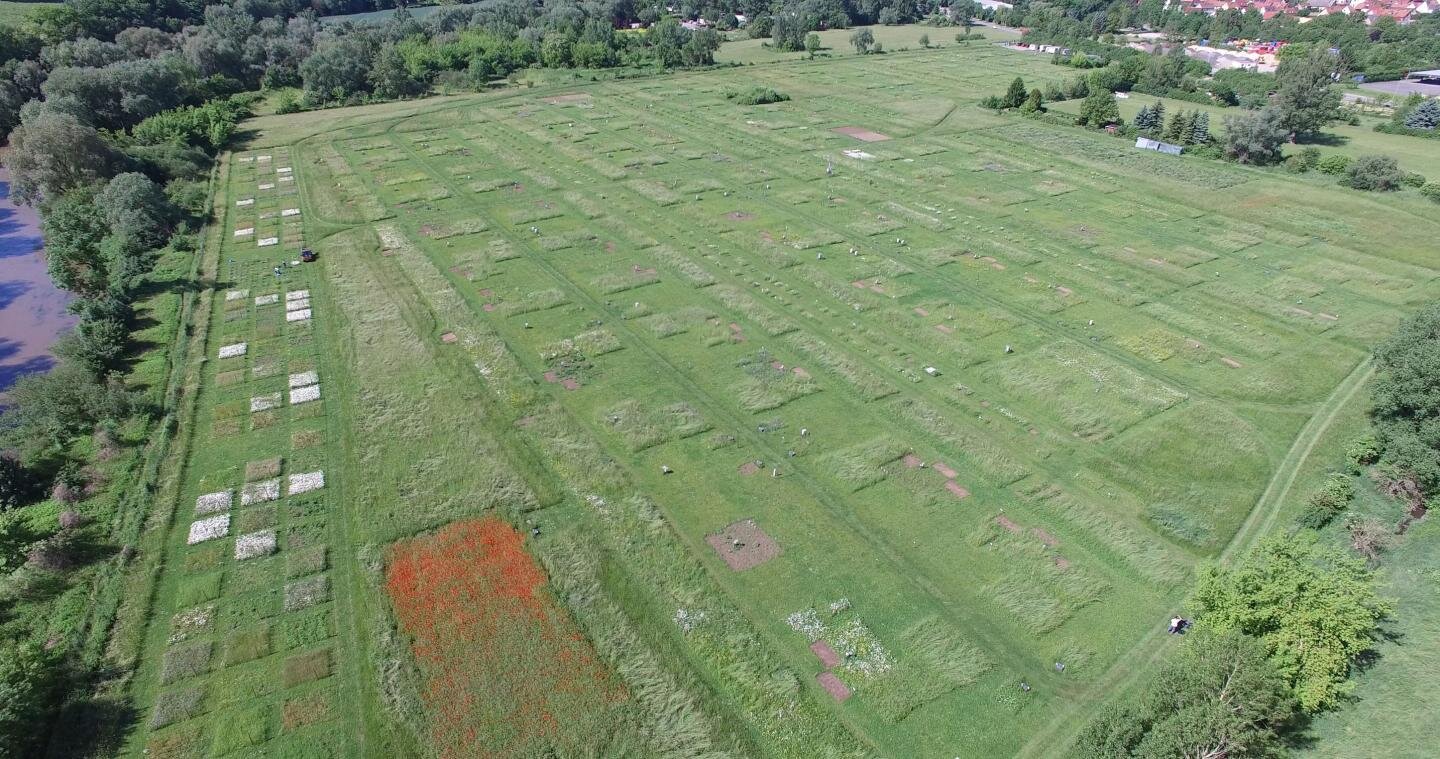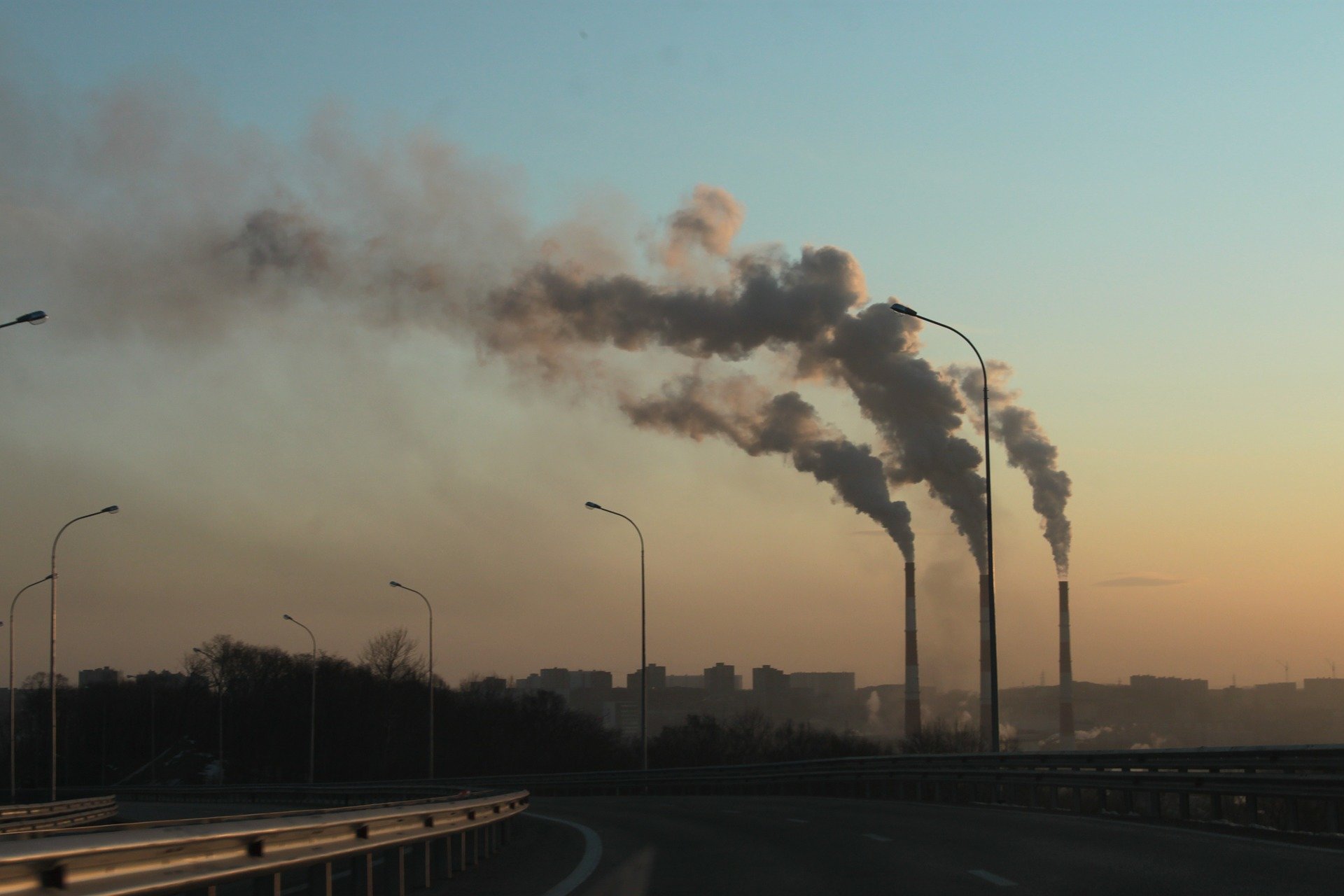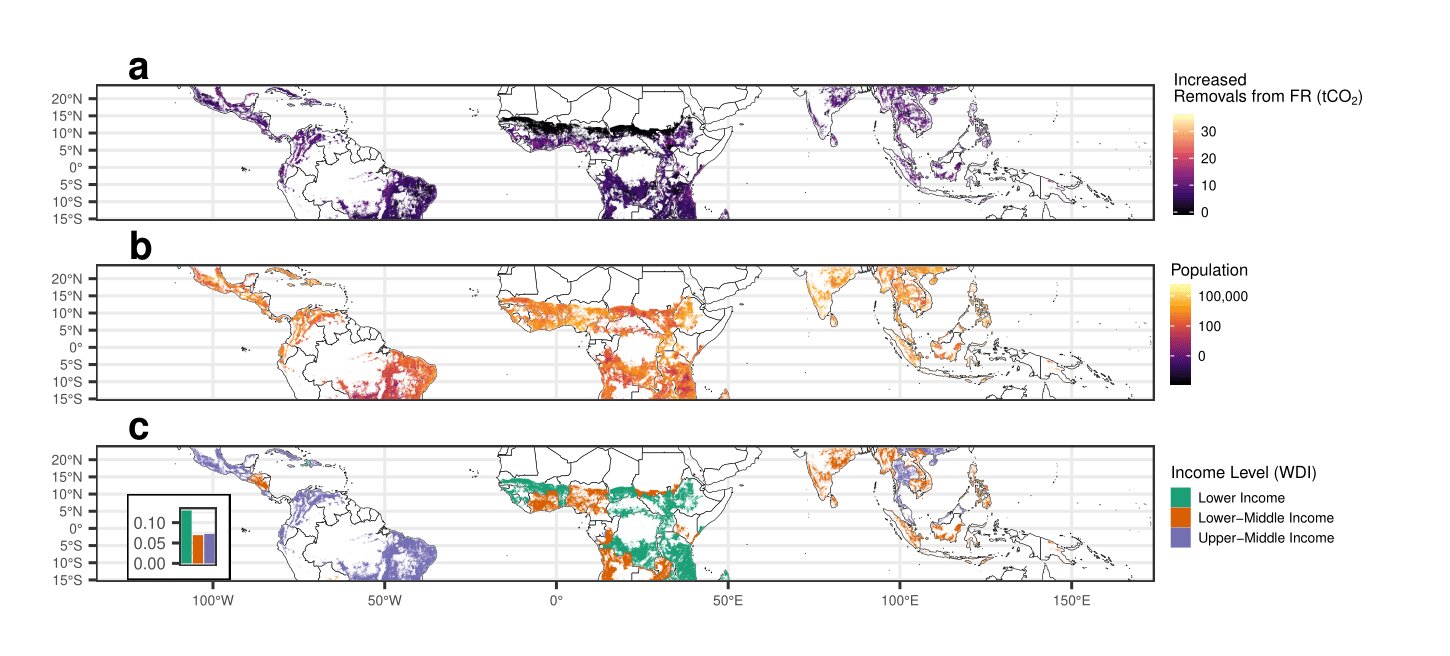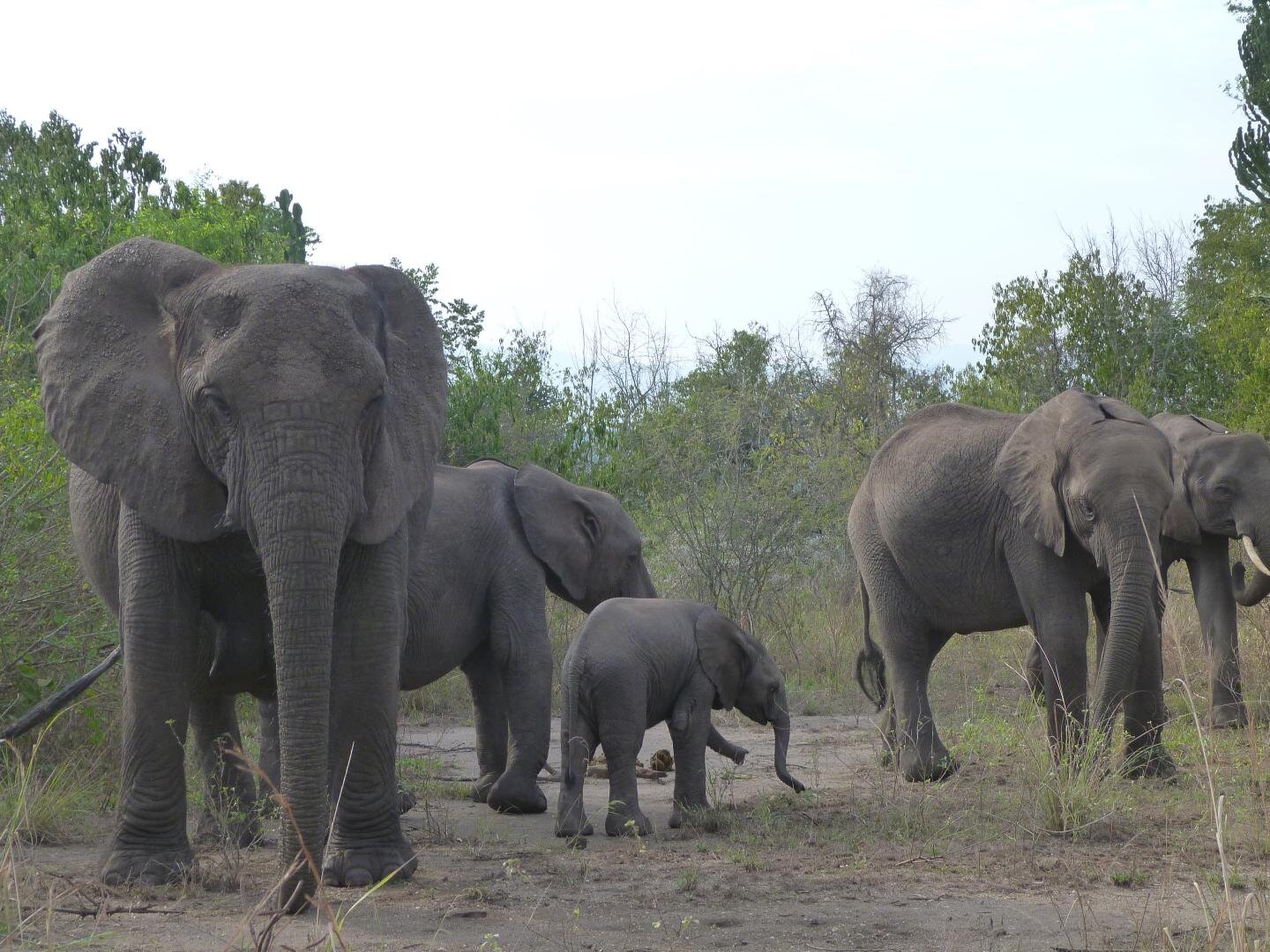Methane: Emissions increase and it's not good news Phys.Org | 5 years ago
News
Why Planting 1 Trillion Trees Can Save the Planet Time | 5 years ago
Can yeast oil save rainforests from palm oil plantation pressure? DW (English) | 5 years ago
Candela Seven: The Electric Boat That Flies Over Water The Times of India | 5 years ago
Fires 'poisoning air' in Amazon: study Phys.Org | 5 years ago
Difficult, complex decisions underpin the future of the world's coral reefs Phys.Org | 5 years ago
Majority of groundwater stores resilient to climate change Phys.Org | 5 years ago
Galapagos: how to protect the islands' amazing marine life from huge Chinese fishing fleets The Conversation | 5 years ago
Empower local communities for extensive forest restoration and climate change mitigation: Study The Indian Express | 5 years ago
A case for botanical gardens to lead in global plant crisis Phys.Org | 5 years ago
Researcher uses computer modeling to predict reef health Phys.Org | 5 years ago
What's inside a firefly Business Insider | 5 years ago
Where are the best eco-friendly hair salons in Europe? Euronews | 5 years ago
Infants exposed to air pollution have less lung power as adolescents – study The Guardian | 5 years ago
Climate change and land use are accelerating soil erosion by water Phys.Org | 5 years ago
Climate crisis: Earth has lost over 28 trillion tonnes of ice since 1994 Independent | 5 years ago
Fertilisers can increase the carbon sucked from the atmosphere Stuff.co.nz | 5 years ago
Ecologists put biodiversity experiments to the test Phys.Org | 5 years ago
Tropical songbirds stop breeding to survive drought Phys.Org | 5 years ago
Team warns negative emissions technologies may not solve climate crisis Phys.Org | 5 years ago
Global forest restoration and the importance of empowering local communities Phys.Org | 5 years ago
Children in Greener Urban Neighborhoods Have Higher IQs, Study Finds EcoWatch | 5 years ago
Big mammals at higher risk of extinction in world's poorest countries, study reveals Phys.Org | 5 years ago
Water availability has changed, and humans are to blame Phys.Org | 5 years ago
